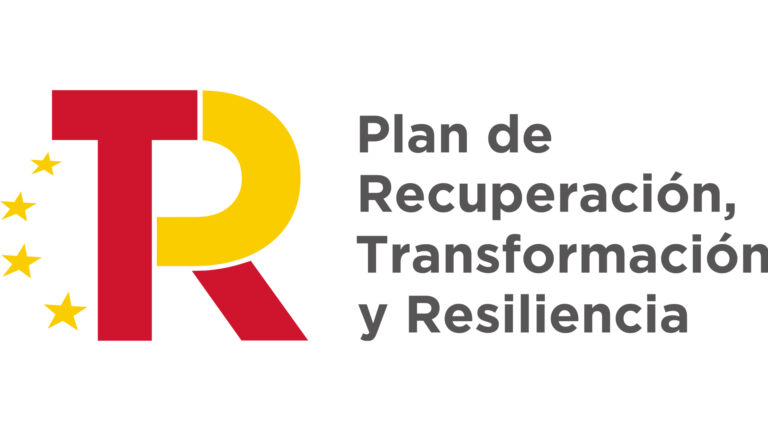Do you need some help filling out your Spanish income tax return?
When you reside in Spain for the most part of the year (more than 183 days) you are considered a legal resident of the country. Therefore, you are obliged to make a ‘declaration of earnings’ or in other words: income tax return.
In this article, you can learn what this tax return is and how to comply with the rules.

To start, it is worth highlighting that the word renta can be confusing.
One meaning of the word (perhaps the most well-known) is: ‘what you pay to rent something’, for example, what a tenant pays to a landlord to rent a flat, exactly like the word ‘rent’ in English. Nevertheless, here a different definition applies, precisely: ‘profit or gain regularly produced by something / someone’.
Every ‘physical’ person is obliged to contribute a portion of their income, in other words, the money they regularly earn, to the state. This contribution is called the IRPF. This abbreviation means impuesto sobre la renta de las personas fisicas (personal income tax). Normally IRPF is paid though your work. The employer retains a portion of your salary, called retención, and pays it to the state monthly. Those who work for themselves (self-employed workers) have to pay this retención themselves by declaring the IRPF they make every trimester.
To summarise, whether you are self-employed or work for someone else, you pay fractions of IRPF during the course of the year. However, every year you also have to make a general declaration that reflects all the taxes and (deductible) outgoings that you have had throughout the year. With this yearly summary it is verified to see if you need to pay more to the state, or if you have the right to a refund. The calculation takes various factors into consideration. For example: your job, age group, family life, housing, etc.
Given that we are now informed and clear about what the income tax return is, we can now look at the process!
First, it is important to point out that the tax year in Spain is the same as the yearly calendar. From the first of January to the 31st of December. But don’t worry! You don’t need to make your declaration straight after eating your grapes*, you have a few months to prepare before you have to complete the process.
* In Spain on New Year’s Eve it is custom to eat 12 grapes, one with each chime of the clock.
The deadline for completing the procedure usually begins at the start of April and the last date is at the end of June. The administration, inspection and collection of the tax is down to the Agencia Tributaria (tax agency), or to be more specific, the “Agencia Estatal de Administración Tributaria” (la AEAT) (State Agency for Tax Administration). This is an independent public organization that is part of the Ministerio de Hacienda (Ministry of Finance), whose mission is to collect all the state taxes and distribute the money across public services.
In terms of how to do the tax declaration, there are various ways. People who don’t need to add more details, given that the AEAT has all their information already, can use a simple mobile app. Those who have a more complex declaration have to do it online (you need your DNI (Identity card) or NIE (Foreigner identity number) to access the platform.

Alternatively, you can declare your tax by phone with the service ‘le llamamos’, offered by the AEAT.
You can request a free telephone appointment of 15 minutes with an agent from the Agencia Tributaria who will help you fill in all the details. On the other hand, this year videocall assistance was also introduced that allows you to contact a professional in order to resolve any doubts you may have.
Another option is to go to the Agencia Tributaria offices to make the declaration in person (in the ‘presencial’ way). You need to request an appointment online and with the app of the AEAT. Don’t leave it until last minute because places are limited. Also, there are serious fines when you do not present your tax on time and when you make mistakes in doing so. As a consequence, many people contract an agent to revise and do their tax return, thus avoiding possible problems. To finish, we would like to emphasise that the income tax return is a complicated thing and that’s why its recommended that you are well informed and complete it within plenty of notice.

Shanna Wanders
Entrelenguas Student



